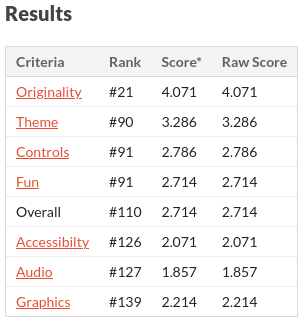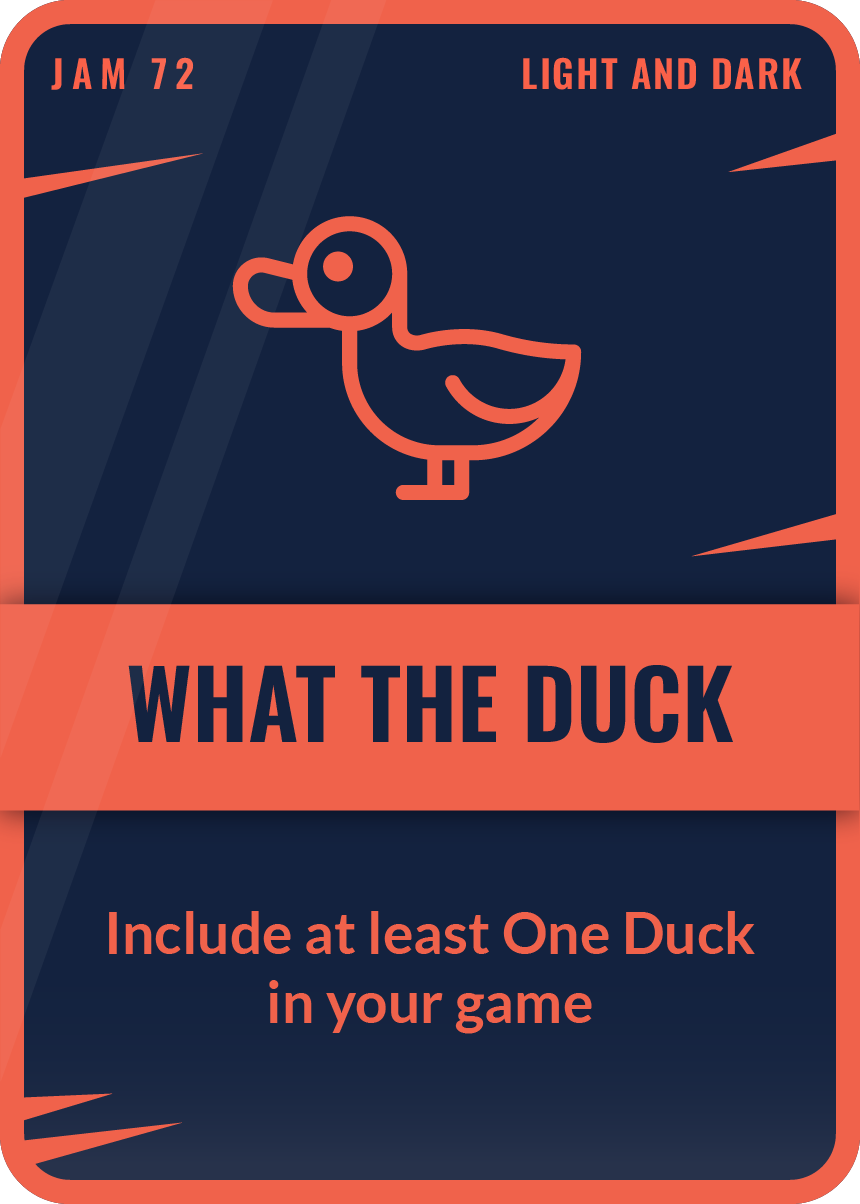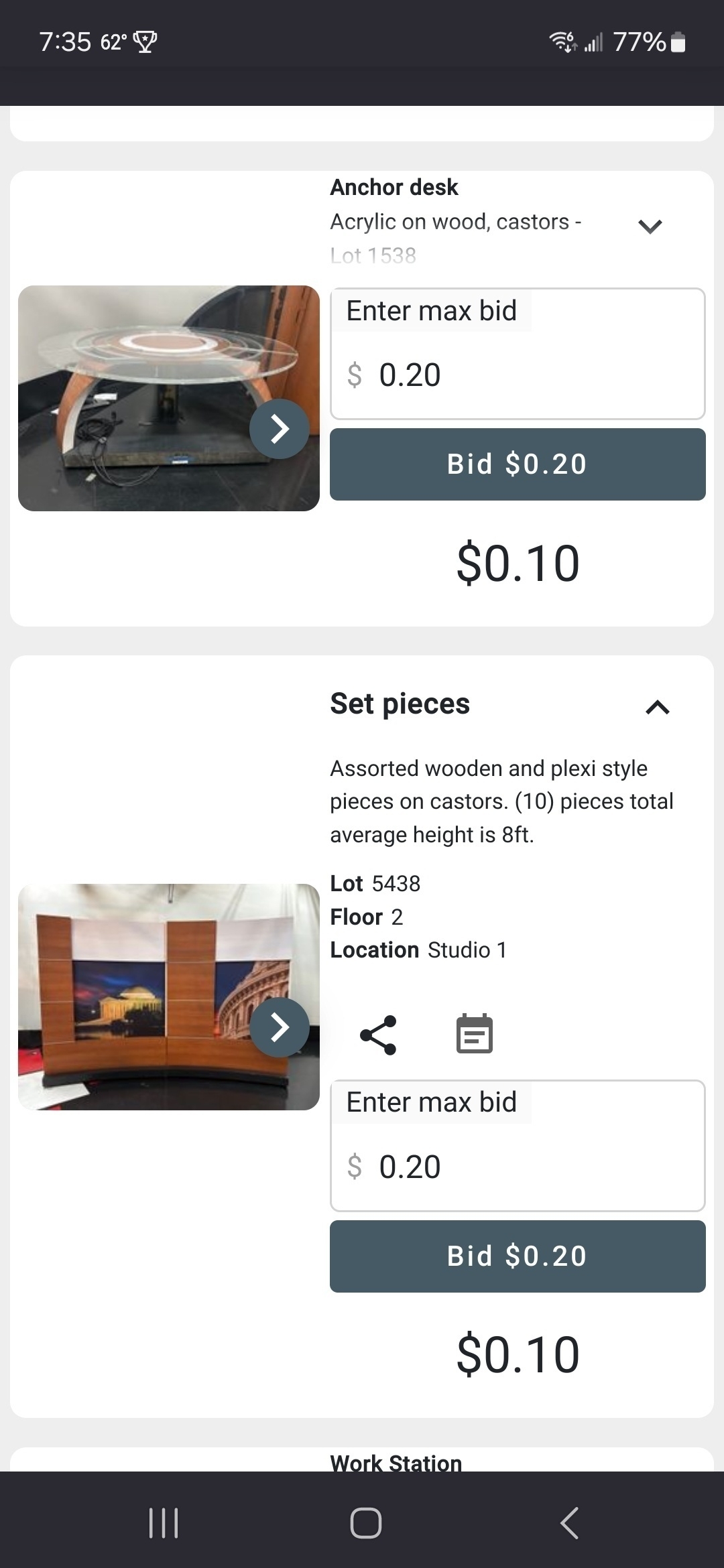
Finished reading: Air Volume 3 by G. Willow Wilson 📚

Finished reading: Air Volume 2 by G. Willow Wilson 📚
SpinDoc
Some progress on “SpinDoc”:
- “rings” (aka, dots you can only use once)
- enemy wands that can move to appropriately colored dots
By the end of this month, I’d like to have the project in a state that at least resembles a game: a couple of levels, a few missing Spin Doctor features (in particular, doors), some sound and animation. In November, I’ll focus on the GitHub Game Off. When I get back to SpinDoc after that, it’ll be more level design, some original mechanics I’ve been thinking off, and polish.

Finished reading: Air Volume 1 by G. Willow Wilson 📚

Finished Listening: Adventures of Sherlock Holmes by Arthur Conan Doyle 📚

Finished reading: Batman: The Killing Joke by Alan Moore 📚

Finished reading: Marvels 📚
How to Read Superhero Comics and why

Finished reading: How to Read Superhero Comics and why by Geoff Klock 📚
This was more academic than I was expecting (full of words like ‘misprision’ and ‘kenosis’), but Klock makes a convincing case that the books he writes about exist in conversation with each other, the comics of past eras, and criticism like Seduction of the Innocent.
I’m not sure if that interplay is supposed to answer the ‘why’ question by itself, but it does have me somewhat intrigued– at least enough to check out some books I’ve missed (like Marvels, Astro City, Kingdom Come, America’s Best Comics, and Grant Morrison’s JLA).
I’ve been working through Firebelly’s new course: Create a Complete Grid-Based Puzzle Game in Godot 4 with C#.
Why? I learned a ton by taking his earlier 2D platformer course, and this looks to be a tilemap-heavy project, which is something I’ve been feeling rusty on. I’ve also been thinking that some exposure to C# would be helpful.
So far, I’m enjoying the course content, but C# doesn’t feel… comfortable yet. We’ll see if that changes by the end.
It’s nothing to be too proud of yet, but I’ve made some progress on my Spin Doctor remake/tribute/spiritual successor/what have you. This is a recreation of an SD level. (the darker dot represents the level goal, but doesn’t do anything yet)

Currently reading: How to Read Superhero Comics and why by Geoff Klock 📚
Recommendation from Robin Sloan’s newsletter.
The kiddo and I have been playing some Warcraft 2. It’s early yet, but I’m a little surprised by how “scorched earth” some of these scenarios are. It’s not a victory until you’ve completely wiped the enemy off of the map: even farms, peons/peasants, blacksmiths and oil tankers.
Postmortem: Quack Circuits / Godot WIld Jam 72
The ratings are in, and Quack Circuits… ranked near the bottom in most categories (there were 156 submissions).

Getting 21st in “originality” suits me just fine though– that (or whatever similar category is available, like “innovation”) is usually where I do best, and doing well there is the kind of thing that makes me think I have something to contribute to the game dev world.
The comments were generally positive, which isn’t unusual– game jam participants are a friendly bunch.
For 8 of the 9 days of the jam, I was working on a fairly straightforward puzzle game. In the final 24 hours, I pivoted to making the puzzles a mini-game in a larger story of a duck trying to escape… something (in my mind, it was an animal testing lab, but that never made it to the final product). Would it have ranked higher if I spent that last day refining the puzzle game? Maybe? I can’t know.
One thing I did for the first time, was get deployment nailed down first. Before I wrote a line of game code, I had the base project all set up with Github Actions and successfully deploying the base project to itch.io. I’ll definitely keep doing that for future projects.
Planet of the All My Apes Gone
This morning I was thinking back on some videos I’ve watched (like this) about abandoned NFT games, and it occurred to me that such a virtual world might be a compelling setting for a new game.
A world of half-built and/or I’ll-conceived villas and islands, bugs (exploitable?) that will never be fixed, bad algorithmic art, a massively deflated in-game currency. Everything you see was put there by VC, whales, crypto true believers, speculators, scammers and dupes.
Any random Molly White blog post could be a plot line.

Finished Listening: The Sign of the Four by SIR ARTHUR CONAN DOYLE 📚
So, I had a serviceable puzzle game. The feedback in the Karchner household was pretty much:
That’s boring. You should make the game less boring.
So now, the puzzles are a minigame in a larger… duck….quest.. thing. I wouldn’t exactly say it works. But it kind of works?
I still like the puzzles.




